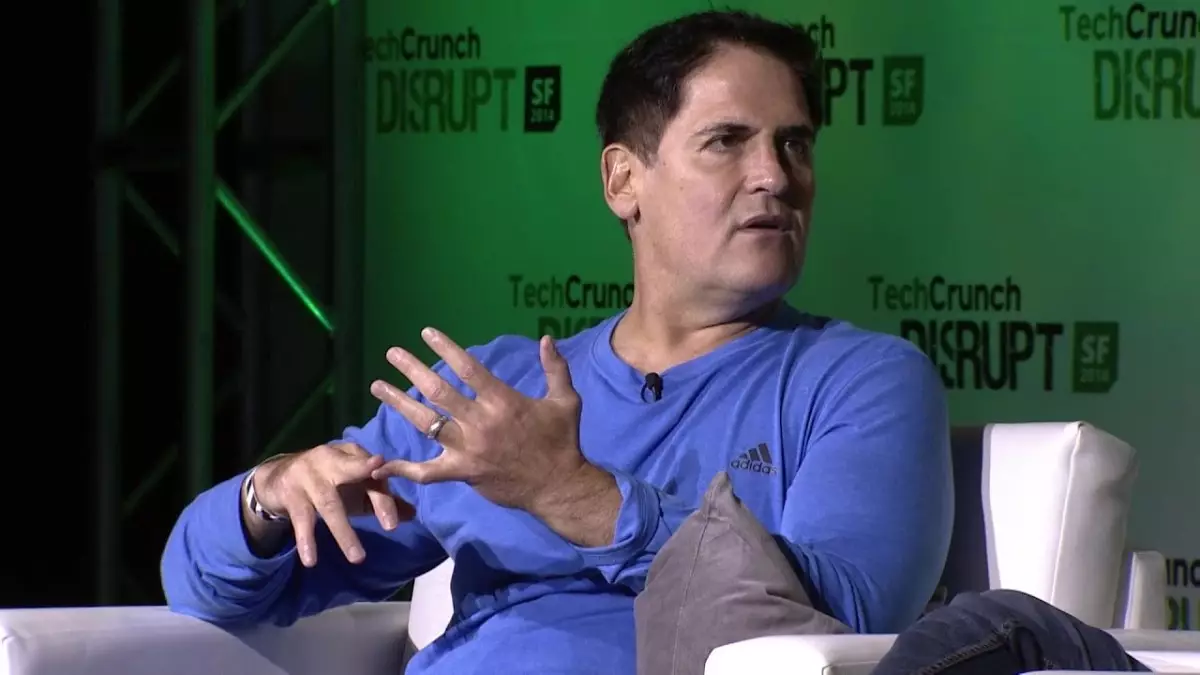In a bold move signaling the shift toward decentralized social media, entrepreneur and investor Mark Cuban has announced his willingness to financially back a new TikTok alternative based on Bluesky’s innovative AT Protocol. Cuban’s aspirations emerged in a recent TikTok video, where he addressed the growing anticipation surrounding a potential U.S. ban on TikTok, slated for enforcement unless intervened by the Supreme Court. This impending ban has catalyzed a migration of users toward alternative video platforms, one young contender being the Chinese app RedNote. Cuban’s interest highlights the broader trend of consumers and investors yearning for a more open social ecosystem.
The AT Protocol, spearheaded by Bluesky, aims to reinvent social media communication by creating decentralized applications. It stands as a response to the limitations perceived within the existing decentralized platform, ActivityPub, which is predominantly utilized by Mastodon and similar services. As a flexible, open protocol, AT Protocol allows developers to build independent social applications with enhanced interconnectivity. Bluesky’s initial success, attracting over 27.6 million users within a short span, showcases the public’s thirst for decentralized, user-friendly platforms—a clear signal for investors like Cuban that the demand for these alternatives is on the rise.
Cuban’s outreach extends beyond mere financial investment; he invites developers to showcase their Minimum Viable Products (MVPs) that could rival TikTok’s user engagement. This encourages a collaborative spirit within the developer community, fostering creativity and innovation. Cuban’s proposition reflects a modern paradigm where funding is contingent upon the developer’s capability to present workable solutions, as opposed to solely relying on traditional pitches.
Cuban’s venture into supporting a TikTok replacement built on the AT Protocol can also be seen as a strategic maneuver against existing giants in the social media landscape. With the likes of Elon Musk’s X (formerly Twitter) gaining notoriety for its erratic content moderation policies and approach to misinformation, there’s a palpable need for platforms that advocate for user autonomy. Cuban emphasizes that the extensibility of the AT Protocol ensures users retain control over their data. This design empowers individuals to migrate their accounts seamlessly across different servers while retaining their followers and content—an increasingly appealing feature in a time when user trust in centralized platforms is waning.
Cuban’s vision for a decentralized TikTok alternative not only addresses the immediate concerns about content control and user privacy but also reflects a significant cultural shift. Users are gravitating toward platforms that prioritize transparency, interconnectivity, and user freedom. The conversation around decentralized applications is no longer confined to tech forums; it’s permeating mainstream dialogue, indicating an impending transformation in how we interact within digital spaces.
The potential emergence of applications powered by the AT Protocol could catalyze a new wave of social media innovation, one that prioritizes user ownership and ethical moderation. Platforms that can adapt these principles may find themselves at the forefront as we move into an era defined by a demand for responsibility in tech. Moreover, with Cuban actively courting developers and investors to join him in this venture, it’s likely we will see significant advancements in the decentralized landscape in the near future.
Mark Cuban’s recent declaration exemplifies a revolutionary approach to social media development. The allure of the AT Protocol as a foundation for a TikTok alternative resonates with current user desires for autonomy, portability, and an ethical framework surrounding content management. As social media users increasingly become disenchanted with the monopolistic tendencies of established platforms, ventures like Cuban’s could very well lay the groundwork for a more egalitarian digital future. The intersection of entrepreneurship, technology, and social needs is becoming clearer every day, suggesting that a new era of decentralized, user-centric platforms is on the horizon.

